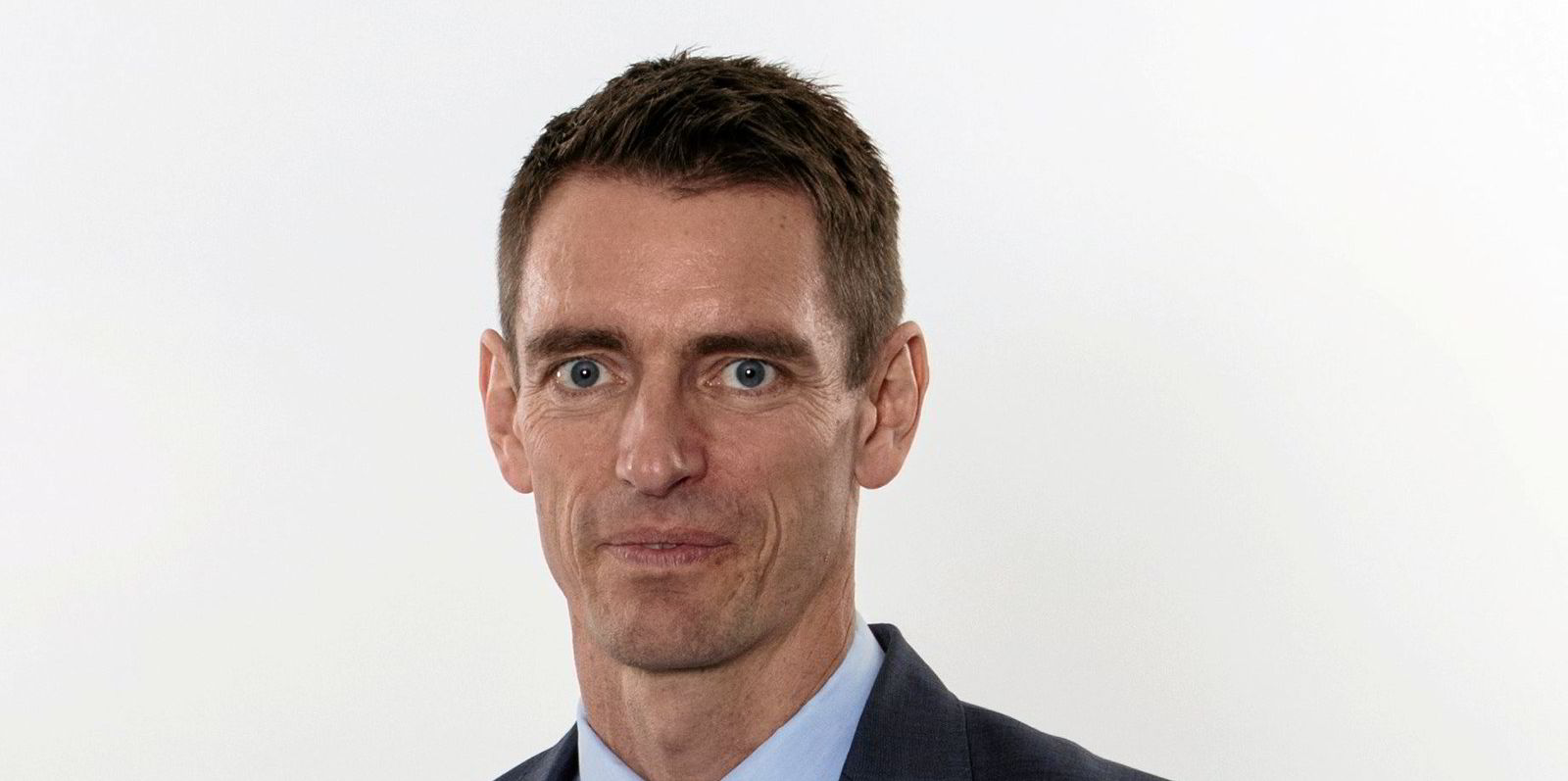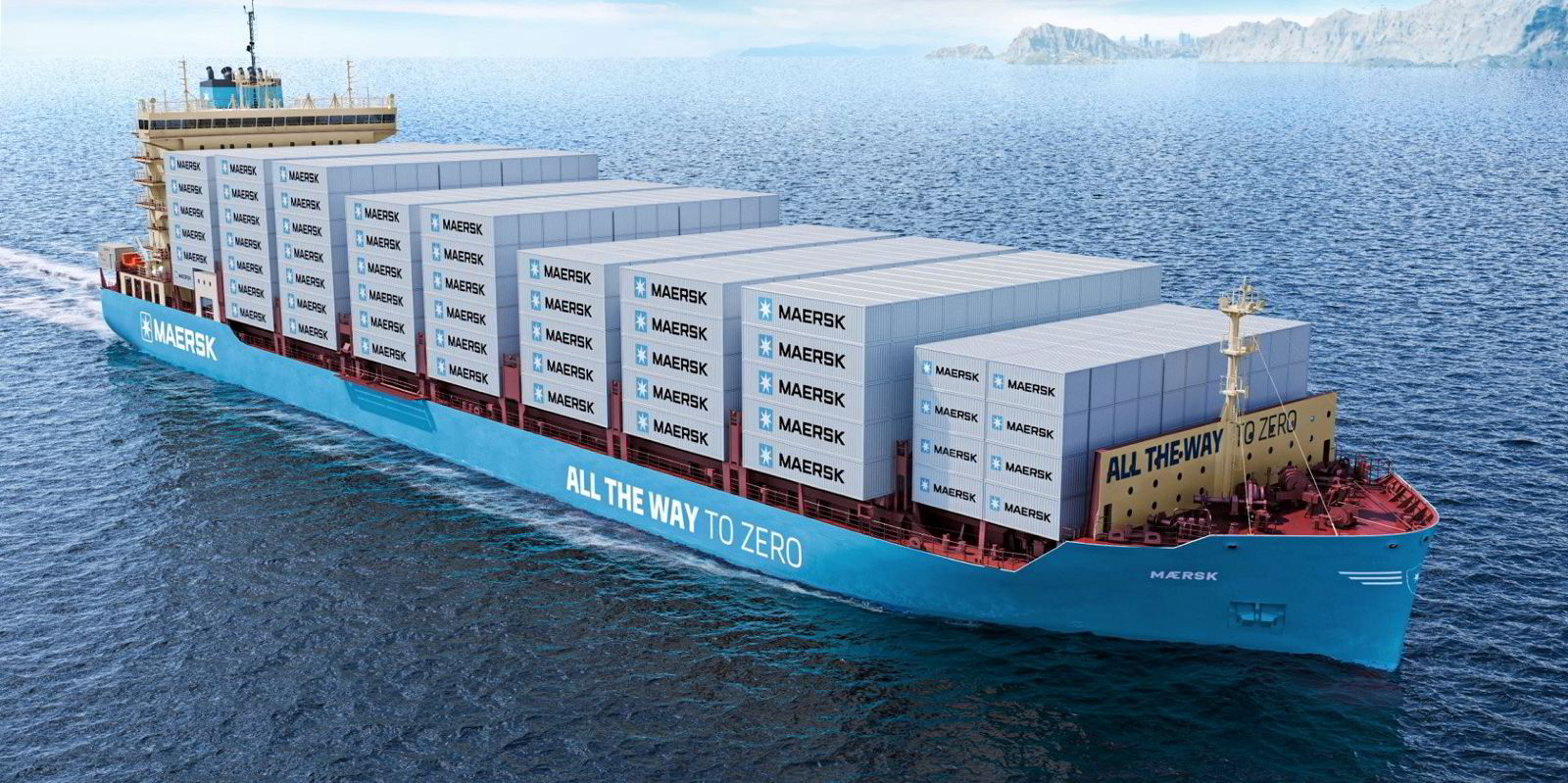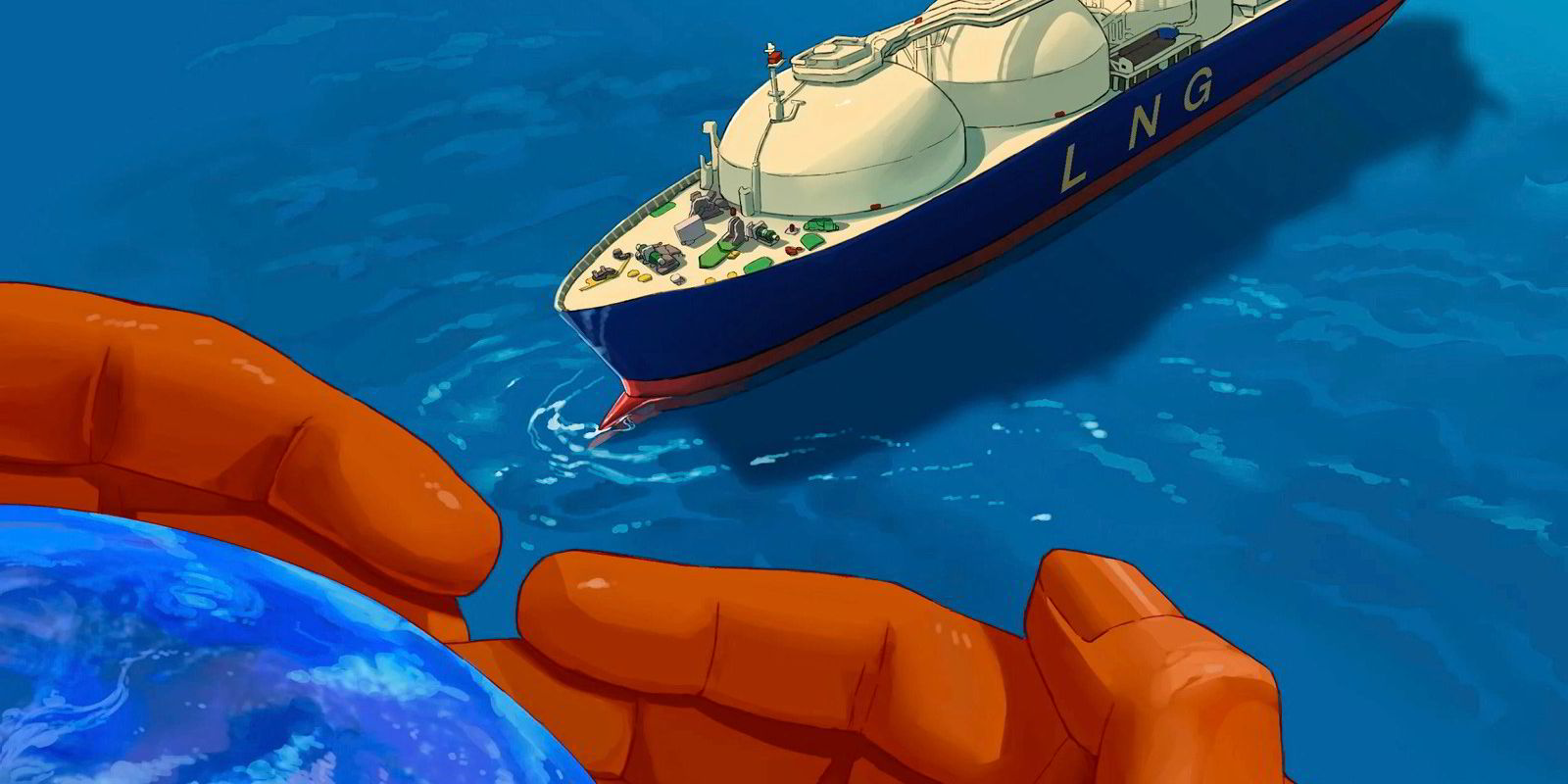A new report by the Sea Cargo Charter has shown little overall progress being made by big charterers and shipowners on decarbonisation.
The global framework for assessing and disclosing the climate alignment of the shipping sector has published its second annual assessment of the 33 signatories’ environmental performance.
Participants accounted for more than 17% of the total dry and wet cargo transported by sea in 2022.
The average climate alignment of companies is at the same level as 2021, Sea Cargo Charter concluded.
A negative score implies alignment, while a positive score denotes targets being missed.
The average score was 1.6%, with the range from -21.8% to 21.4%.
A total of 60% of reporting companies had a score of 5% or less.
Tankers were the most compliant vessel types, with an average of -3.5%, with bulkers on 7.1%, chemical tankers on 7.5% and LNG carriers at 11.9%.
“While achieving full decarbonisation by 2050 may seem far off, the maritime industry is well aware of the importance of decisions taken now in order to achieve this goal,” said Sea Cargo Charter chair and Trafigura head of fuel decarbonisation Rasmus Bach Nielsen.
“The data in the Sea Cargo Charter report shows signatories’ dedication to measuring and reporting transparently their climate impact as an essential first step towards reducing emissions,” he added.
New targets needed
Bach Nielsen called for ambitious targets on decarbonisation to be adopted by the International Maritime Organization at its Marine Environment Protection Committee (MEPC) meeting in July.
Many Sea Cargo Charter members are keen to wait for the outcome of the MEPC meeting before adapting the charter’s own targets, the organisation said.
Big names on board include Shell, Tata Steel, Cargill, Dow, Bunge and Equinor.
On the owning side, there is Maersk Tankers, NYK Line, Torvald Klaveness, Eagle Bulk Shipping, Navig8 and Norden.
Sea Cargo Charter stressed scores cannot be compared because of the companies’ different ships, routes and number of voyages.
Cargill’s score was 4.5%, while Trafigura came in at -10.8%.
US oil major Chevron managed -21.1% and Eagle Bulk Shipping -5.1%.
Golden-Agri Maritime performed best at -21.8% with its product and chemical tanker activities.
The company said: “We are pleased to provide our first year’s reporting. We feel it’s a good starting point for us and we will work towards achieving better results through tracking.”
Shell examines smaller tanker operations
Trading giant Gunvor was on 11.9%, while tanker operator Navig8 was at -10.4%.
“Navig8 will continue to invest in climate-positive initiatives internally and actively engage with the shipping community in an effort to promote collaboration and transparency in our efforts to achieve the environmental change we want to contribute to as a group,” the company said.
NYK’s Bulkship Atlantic produced a figure of 21.4% from running panamax bulkers.
Oil major Shell came in at -6%.
The energy group said this was in line with the Sea Cargo Charter’s current trajectory.
“We recognise, however, that our small products and chemical tankers are challenged by time spent in port and shorter voyages, limiting the ability to optimise operations compared to larger deepsea vessels,” Shell added.
“Correction factors are under discussion,” the oil company said.
This article has been amended since publication to accurately reflect Navig8’s score on the Sea Cargo Charter.






